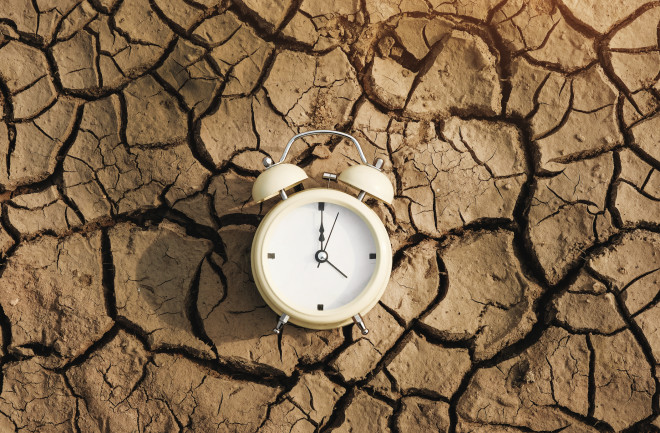In 1826, time took a strange turn in New Haven, Connecticut. According to historian Michael O’Malley, over several months, a new clock installed atop Town Hall ran slow and then fast in comparison with the clock that had set the local standard time for decades, at nearby Yale College. After cursing the clockmaker, the citizens discovered that both clocks were accurate, but each kept time according to a different principle: The old clock at Yale had complicated gearwork that varied in speed with the seasons to emulate the time indicated on a sundial, which shifts with Earth’s annual orbital wobble. The more modern timepiece turned at a steady rate, like my wall clock does today.
What Is Time?
The question is more philosophical than physical — which means we can redefine it on our own terms.
Apr 8, 2021 11:00 PM

(Credit: Seamind224/Shutterstock)
Newsletter
Sign up for our email newsletter for the latest science news
0 free articles left
Want More? Get unlimited access for as low as $1.99/month
Stay Curious
Sign up for our weekly newsletter and unlock one more article for free.
View our Privacy Policy
Want more?
Keep reading for as low as $1.99!
Already a subscriber?
Find my Subscription
More From Discover
Recommendations From Our Store
Shop Now
Stay Curious
Subscribe
To The Magazine
Save up to 40% off the cover price when you subscribe to Discover magazine.
Copyright © 2024 Kalmbach Media Co.
